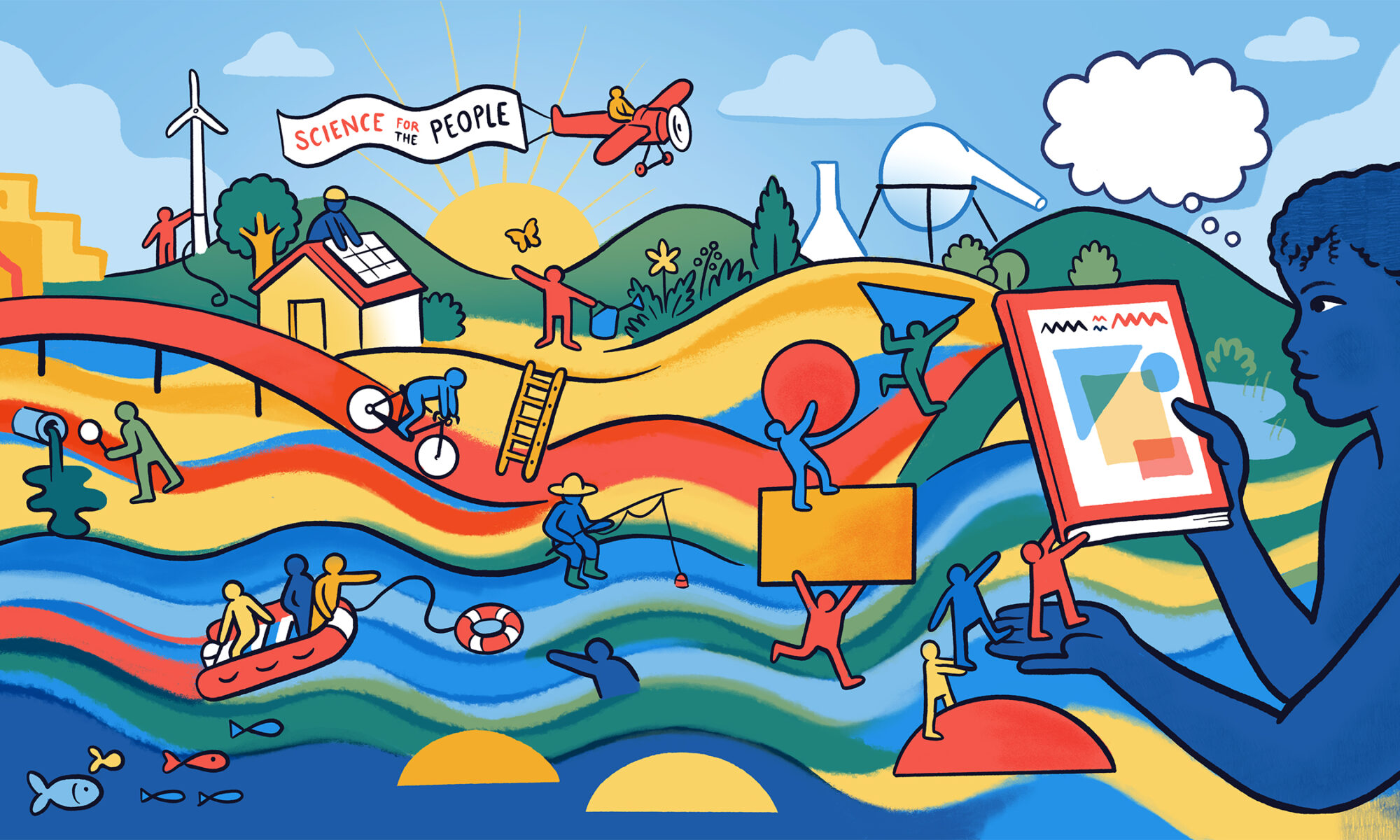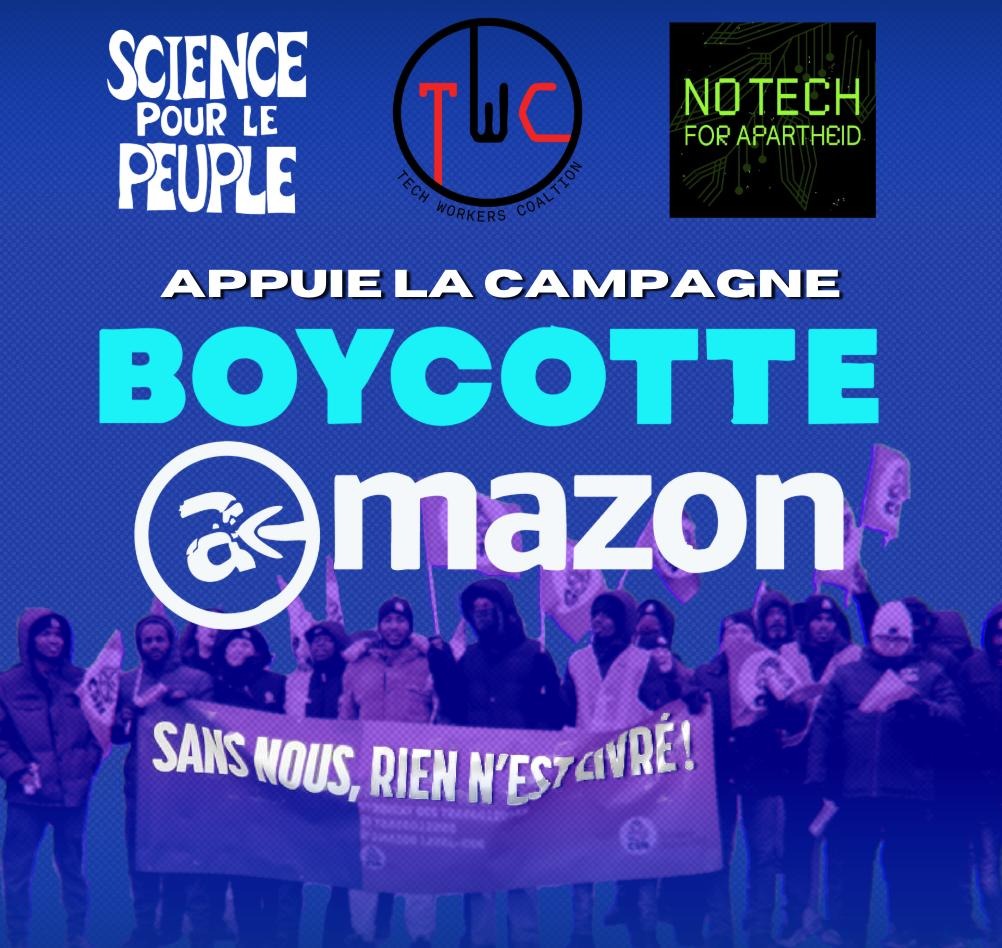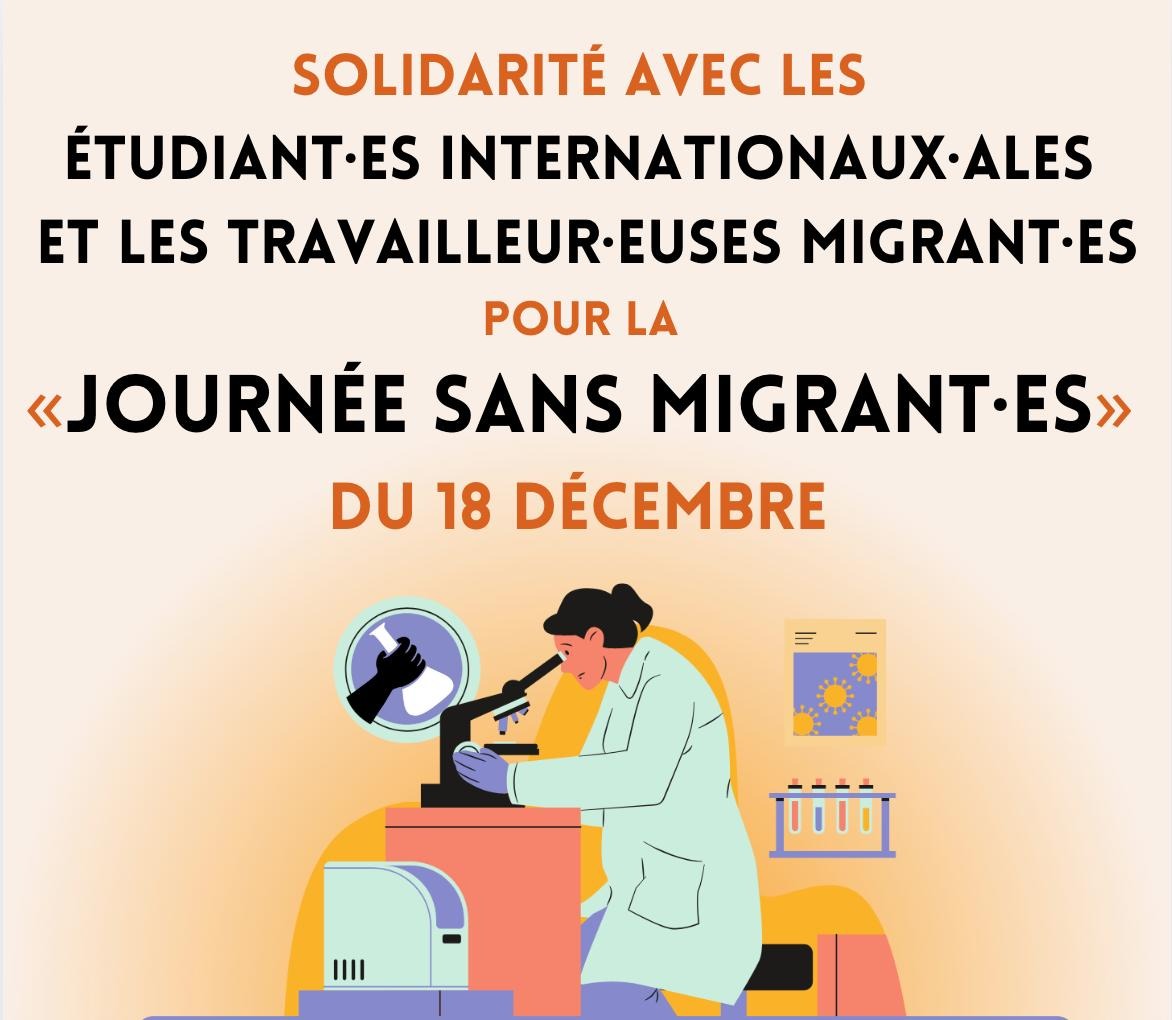In its monstrous assault upon the sovereignty of the Venezuelan people on January 3, the United States has kidnapped president Nicholás Maduro Moros and first lady Cilia Flores, killing at least 100 people. Leading up to this operation, the US extrajudicially murdered at least 123 people in strikes in and around the Caribbean and intensified its military occupation of Puerto Rico [1]. These strikes, in addition to serving their primary function of resource theft at gunpoint, followed the imperialist tradition of epistemicide: the targeted destruction of knowledge and the means of producing it. Among destroyed infrastructure were a medicine and food warehouse at La Guaira port, and vital research facilities of the Mathematics Center of the Venezuelan Institute of Scientific Research (IVIC), Miranda State [2].
The specificity and intentionality of the assault recalls the 1998 bombing of the Sudanese Al-Shifa Pharmaceutical Facility, a statement by US imperialism, then as now, of its demand for total monopoly on knowledge production and its intention to leverage human necessities as weapons of war. Such attacks are tactics of underdevelopment, designed to undermine the sovereign capacity and self-determination of formerly colonized nations. Incessant warfare and the business of death and genocide, such as what we have witnessed for the last 828 days in Gaza, where universities and generations of stored knowledge were systematically eradicated, are the final refuge of capital in its endless drive to shore up profit rates.
What is under assault is not merely a nation-state, but also a concrete experiment in socialist construction. Emerging from the Bolivarian Revolution, Venezuela’s communal project has sought to combine revolutionary state power with grassroots popular institutions—communal councils and communes that organize production, land, health, education, and knowledge itself as social property [3]. It is precisely this effort to institutionalize popular power, rooted in working-class, Indigenous, and Afro-Venezuelan traditions of collective self-governance, representing a living experiment in self-determined development, that makes Venezuela a target of sustained U.S. aggression.
As funding for health and environmental research across the United States is stripped away at breakneck pace to funnel all ingenuity and labor into military buildup, mass surveillance, and internment, it is becoming apparent that scientific endeavor for the betterment of humankind and preservation of life is unattainable under the current system. Faced with the decline of the unipolar world economic order that dominated the post–Cold War era of “globalization” and “free trade,” the capitalists of the US-led Global North see the prospect of more aggressive foreign policy and intensifying domestic repression as a golden opportunity to profit from death and destruction. This futile attempt to stave off capital’s primary contradiction, its tendency toward economic and ecological crisis, is nevertheless pursued by a capitalist class whose interests are totally antithetical to the greater needs of human society, culminating in acts of base piracy and a hatred for the pursuit of truth.
We at Science for the People wholly reject and condemn the endless spiral towards warfare for profit of the United States, exemplified by its latest cruelties against Venezuela and its revolutionary project. We reject the monopolization and direction of scientific labor towards the death-dealing technologies deployed by the military and police forces, just as we rejected it across decades of US warfare, during the war against Vietnam, from the nuclear arms race and Cold War interventions to Iraq, Afghanistan, and today in Gaza and Venezuela. We stand in full solidarity with the people of Venezuela in their project of creating an alternative to capitalist society, of daring to invent the future. We demand a full withdrawal of all US military presence on the nation’s shores so that its people may utilize their natural resources for their own development and their own knowledge-creation, rather than for the enrichment of US empire and ghoulish oil industry billionaires.
References
- “After Undercounting Boat Strike Killings, U.S. Military Updates Death Toll,” The Intercept, January 8, 2026, https://theintercept.com/2026/01/08/us-military-boat-strike-deaths-undercount/.
- “Confirmed: The United States completely destroyed a vital scientific and academic center in Venezuela, located in Miranda state,” Camila [@camilapress], January 7, 2026, https://x.com/camilapress/status/2008934970916782243.
- Ángel Prado and Cira Pascual Marquina, “Venezuela’s Communal Project,” Monthly Review, August 2025, https://monthlyreview.org/articles/venezuelas-communal-project/; Miguel Ángel Núñez, “Contributions of Peasant Farmer Communities,” Science for the People 25, no. 1 (Spring 2022), https://magazine.scienceforthepeople.org/vol25-1-the-soil-and-worker/contributions-of-peasant-farmer-communities-the-case-of-venezuela/.





